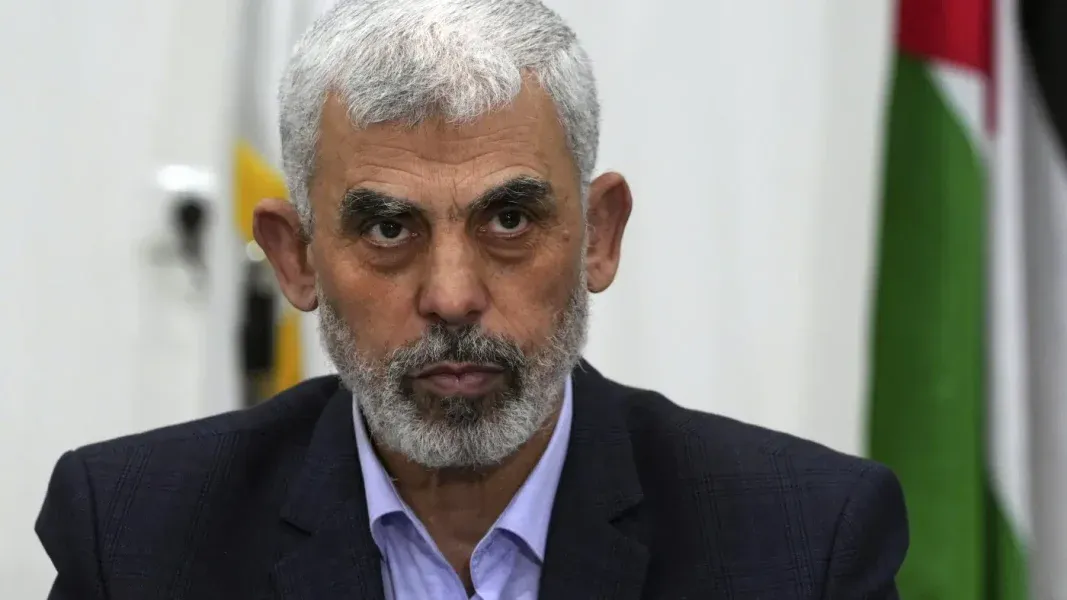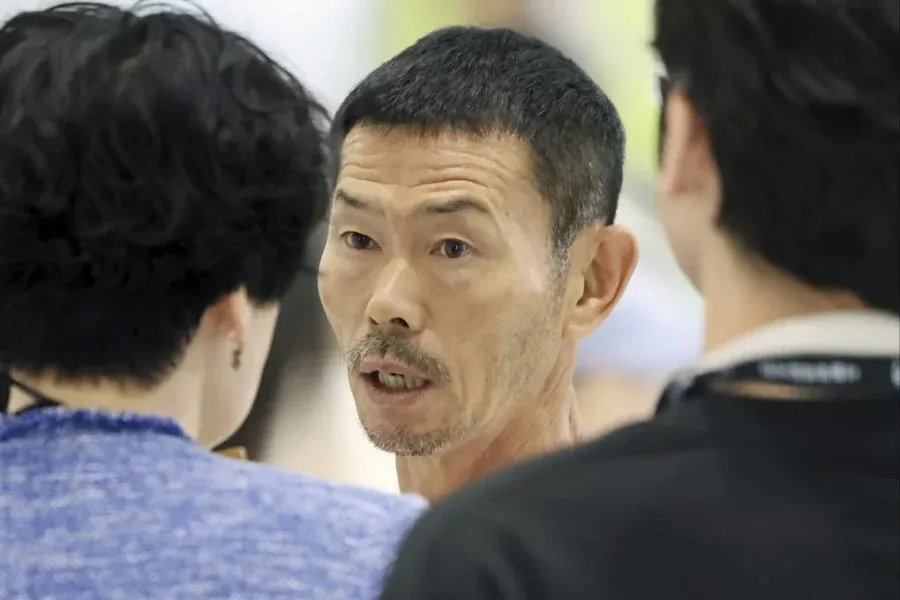Iwao Hakamada, the world’s longest-serving death row prisoner, expressed his gratitude to supporters after a Japanese court overturned his decades-old murder conviction, marking the end of a 46-year ordeal. The 88-year-old former boxer, convicted in 1968 for a quadruple murder, was declared innocent last week after a court ruled that key evidence in his case had been fabricated.
“Finally, I have won full and complete victory,” Hakamada said during a gathering of supporters in Shizuoka, where the acquittal was issued. Smiling and donning a green hat, he added, “Thank you very much,” while his 91-year-old sister, Hideko, who led the long fight for his release, stood by his side.
Hakamada had been accused of robbing and killing his boss, the man’s wife, and their two teenage children. His confession, the court found, had been coerced through “inhumane” interrogations involving mental and physical torture. The ruling also determined that blood-stained clothes used to implicate him were planted by investigators, further discrediting the prosecution.
Released in 2014 pending a retrial, Hakamada rarely spoke publicly during his time on death row, where years of solitary confinement and the constant threat of execution took a severe toll on his mental health. Supporters described him as “living in a world of fantasy” after his long detention.
Despite the court’s ruling, Hakamada’s acquittal is not yet final. Prosecutors have until October 10 to decide whether to appeal. However, they face significant challenges, as the court’s verdict strongly condemned the fabricated evidence and the misconduct of both prosecutors and police.
If the acquittal stands, Hakamada is expected to receive compensation exceeding 200 million yen ($1.4 million), with his legal team also considering additional lawsuits against the state. Lead lawyer Hideyo Ogawa said the court’s ruling provided a solid basis to seek further damages, given its acknowledgment of a “concerted” effort to frame Hakamada.
Though absent from a recent press conference due to poor health, Hideko attended, sharing the moment when she told her brother about the acquittal. “But he was all silent… I think part of him is still in doubt that this really happened,” she said. Confident that the case was finally closed, she added, “If they want to [appeal], then go ahead and suit yourself.”
Hakamada’s case is the fifth instance in post-war Japan where a death row inmate has been granted a retrial, all of which have ended in exonerations. Japan, alongside the United States, is one of the few major industrialized democracies to retain capital punishment, which continues to have broad public support.





